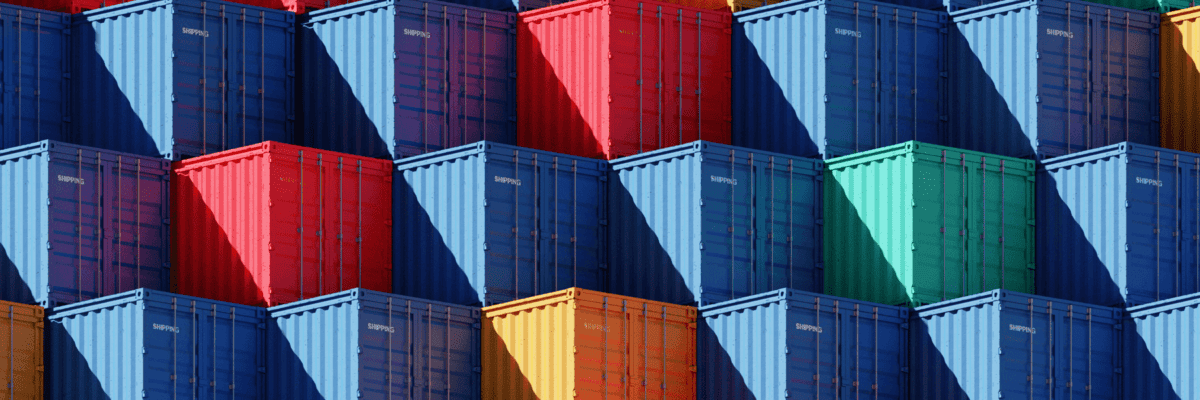
Whether it is the critical supply of raw materials and intermediate products or the global distribution of finished products, international competition places high demands on industry. To be among the winners, companies need a supply chain network that is robust, resilient, and agile, with a focus on the customer. According to the recent Future Industry 2023 study, 70 percent of companies currently see great potential for making their supply chain network more efficient. In addition, many organizations are inadequately prepared for potential threats to their operations. Today, only slightly more than half of companies have a professional risk management system in place for the early identification of threats. For the study, management consultants Staufen surveyed more than 400 industrial companies in Germany, Austria, and Switzerland.
Although supply bottlenecks in some sectors have eased somewhat recently, there is no reason to sound the all-clear. “It is now more important than ever for companies to build resilience into their supply chain network from supplier to customer,” says Canan Jungel, Head of Supply Chain Network Management at Staufen AG. “This is because the competition of the future will be between end-2-end supply chain networks. The networks that will win are those that flexibly align themselves with the customer, create transparency across all network levels, are digitally connected, and actively manage the network.”
If companies want to keep track of all the demands on their network, they need proactive data management. Nearly three-quarters (72 percent) see greater digitization of their processes as the key to much-needed improvements, the Staufen study shows. “However, many companies still lack a proper data strategy and data management. That’s why their value networks today are neither transparent nor resilient,” says supply chain expert Jungel. For example, in only about 20 percent of companies are all network partners able access data relevant to them.
Too little exchange with network partners
To create a resilient network, many companies must first break down mindsets and data silos and leverage data across the supply chain. Canan Jungel: “However, most companies are leaving significant potential untapped, especially when it comes to dovetailing processes and suppliers.” To date, only four out of ten companies share information with partners on a digital platform. And not even half (46 percent) encourage sharing between partners.
However, a lack of transparency in the network prevents risks from being identified and decisions from being made in a timely manner. “On the other hand, if you keep an eye on all the requirements, you can identify, for example, which suppliers in the network have small volumes but a big impact on the ability to deliver a product,” says Staufen consultant Jungel. “Only with the necessary data can measures be identified to ensure that a network is robust and resilient to threats and can quickly return to normal performance.”
Transparency, network stability and continuity, regulatory compliance, and efficient supplier management help companies achieve proactive risk management. “Those who meet these requirements can align their network with the customer in an agile manner and in the future will be among the winners in international competition,” says Canan Jungel.
In the new Staufen magazine, you can also read in numerous articles how companies with very different structures are dealing with the current challenges and making their supply chain network fit for the future.

About the “Future Industry 2023” study
For the study, the consulting company Staufen AG surveyed a total of 401 companies in Germany, Austria, and Switzerland on the topics digitalization, efficient value creation, sustainability, and resilient networks. The survey was conducted in the spring of 2023. The study can be downloaded for free under the following link.






